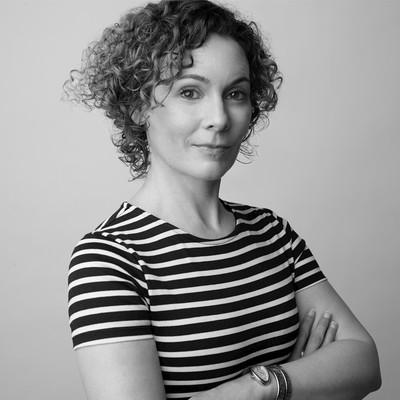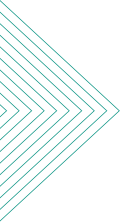
CEO/Managing Partner
Editor



SC Moatti is a technology visionary, entrepreneur and investor. She is the founding partner of Mighty Capital, a Silicon Valley venture capital firm, and Products That Count, one of the largest communities of product managers, leaders and founders in the world. Previously, she built products that billions of people use at Facebook, Nokia and Electronic Arts. She also serves on boards of both public and private companies, including mobile technology giant Opera Software (OPERA:Oslo). An award-winning bestselling author, Moatti frequently gives keynotes on business and technology, and has been featured in The Wall Street Journal, the Harvard Business Review, and on NPR. She lectures at Stanford Graduate School of Business, where she earned her MBA and has a Master of Science in electrical engineering. Andrew Chen, one of Uber's top executives, called SC “a genius at making mobile products people love.” For more information, visit scmoatti.com.
EditorWith the digital transformation, business rules are being rewritten. We captured the learnings of the most successful Chief Product Officers.
This eBook is all about the top challenges facing today's CPOs -- as well as best practices offering solutions.
There is a revolution happening in the C-suite. It has been building for some time, and we are now seeing the changes. We call it CPO Rising.